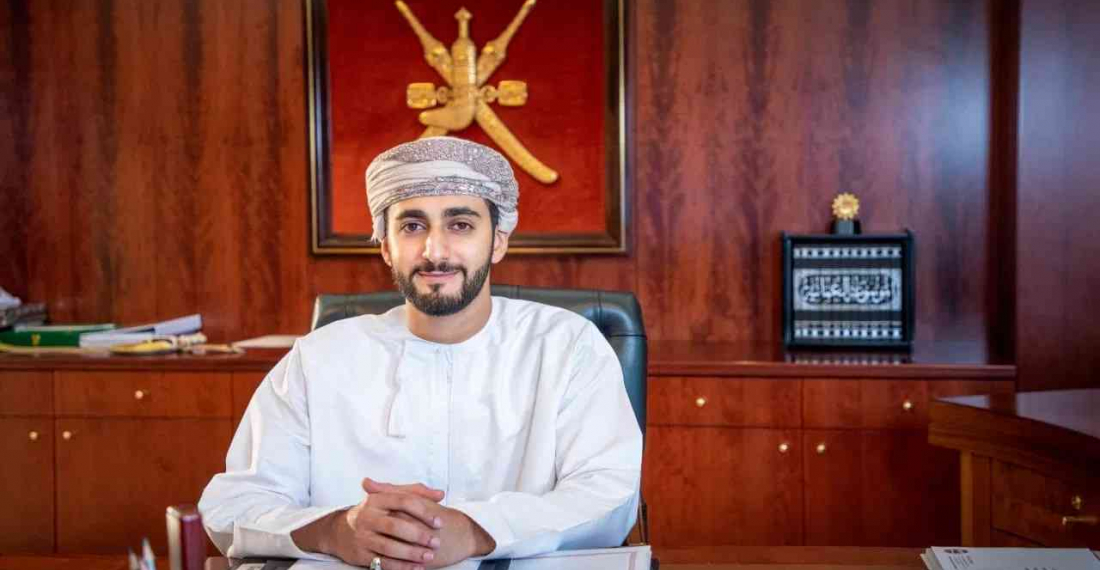For the first time in the modern time of the Sultanate, Haitham bin Tariq, the Sultan of Oman, decided to introduce amendments on the transfer of power, appointing the Sultanate’s first Crown Prince. The new decree came on the first anniversary of Sultan Haitham’s rule. Dhi Yazan bin Haitham bin Tariq, son of the current Sultan, was named as the crown prince of the Sultanate of Oman.
The Royal Decree introducing the position of the Crown Prince in the Sultanate stipulates that the system of government is hereditary in males, and the rule of government is transferred from the Sultan to his eldest son, then the eldest son of this son. If the crown prince dies before the ruling passes to him, then the crown prince passes to the eldest son of the deceased, even if he has brothers.
Omani TV said that the decree provides for "laying down a specific and stable mechanism for the transfer of the mandate of power in the Sultanate, setting up a mechanism for appointing the Crown Prince, stating his duties and terms of reference, and emphasizing the principle of the rule of law and the independence of the judiciary as a basis for governance."
The constitutional amendments included setting new rules to organize the work of the House of Representatives, and two decrees were issued for the statute and laws of the Sultanate.
Other amendments include the creation of the position of Prime Minister, the establishment of a “Council for the Ruling Family”, in addition to a “Guardianship Council,”.
The Guardianship Council will be tasked with assuming the tasks of the Sultan in case the succeeding Sultan is under the age of 21. The current Sultan will appoint the Council members and if he doesn’t, the Council of the Royal family will appoint the Guardianship Council.
As for the Royal family Council, the Sultan will issue a further decree stipulating its members, duties and responsibilities.
Dhi Yazan, who is 31 years old, is currently the Minister of Culture, Sports and Youth, since his appointment in the first government formed by his father upon assuming the reins of power in the Sultanate of Oman in January 2020 following the death of the former Sultan of Oman, Qaboos bin Said.
Dhi Yazan holds a BA in Political Science from Oxford University in Britain, and is the youngest minister in the new government of Oman. He had previously worked as a second secretary at the Omani embassy to Britain, and sponsored the Omani Youth Day ceremony in October 2019, as well as the Sultan’s Football Cup in the same month.







